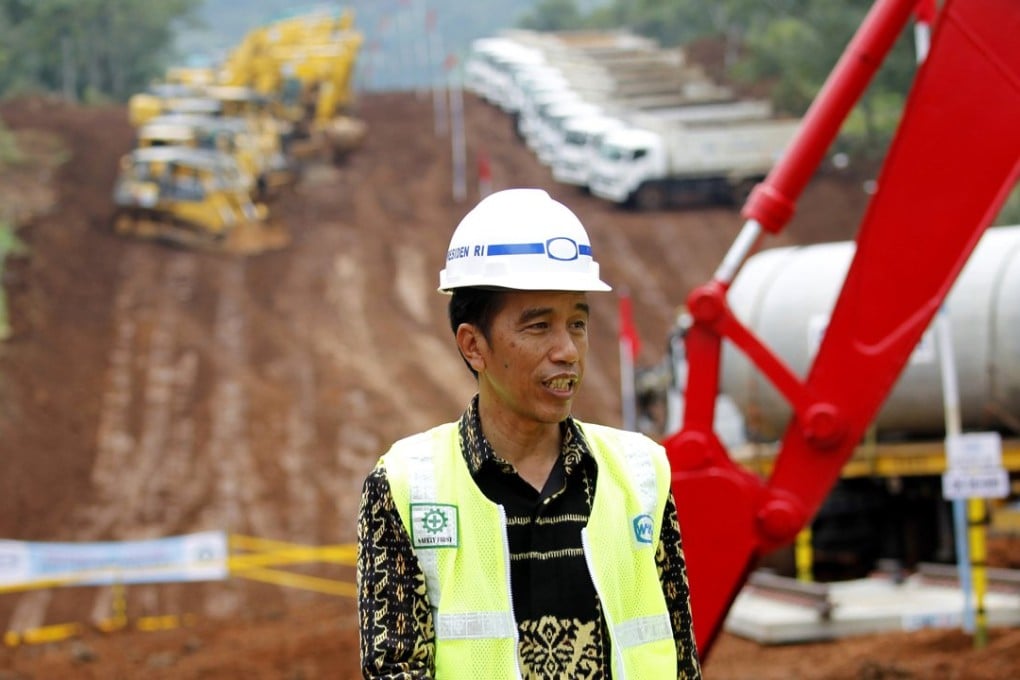Discontent in Indonesia over high-speed rail project jointly developed with China may turn the current impasse into a more protracted one

It was the Indonesian president’s “winning” moment: a groundbreaking ceremony for his nation’s first bullet train and the fulfilment of an election pledge to start fixing his nation’s rickety infrastucture.
The much-hyped high-speed rail project once operational in 2019 would enable passengers to travel from the capital Jakarta to Bandung , a city in western Java 142 km away in just 40 minutes, versus the current three-hour train ride.
The ceremony in January took place at a tea plantation in West Java, where one of the eight stations along the line will be situated, and capped off a months-long chaotic bidding process Between China and Japan, where Jakarta had midway through nearly scrapped the project altogether.
President Joko Widodo signed his name on a large stone, and spoke of the need for speedy decision-making and construction for a nation to remain globally competitive.
“Today, we live in the era of competition. A country that acts quickly will win,” Widodo proclaimed, heralding the project as a symbol of “major cooperation” with China which won the bid to be joint venture partner.
“A country which is efficient, fast in making decisions, quick to build, will be the winner in the international competition.”
But the president appeared to have spoken too soon. Within a week on January 27, the project had come to a halt because Indonesia’s Ministry of Transportation had not issued a construction permit to PT Kereta Cepat Indonesia China (KCIC), the Chinese-Indonesian consortium building the US$5.5 billion high speed train network.